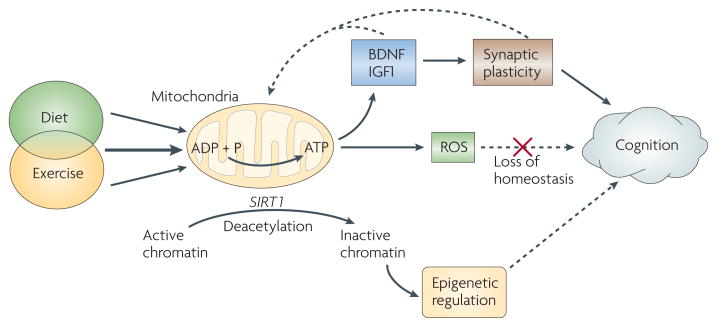Figure 2. Energy homeostasis and cognition.
Diet and exercise can affect mitochondrial energy production, which is important for maintaining neuronal excitability and synaptic function. The combination of certain diets and exercise can have additive effects on synaptic plasticity and cognitive function. ATP produced by mitochondria might activate brain-derived neurotrophic factor (BDNF) and insulin-like growth factor 1 (IGF1), which support synaptic plasticity and cognitive function. Energy-balancing molecules, such as ubiquitous mitochondrial creatine kinase (uMtCK), AMP-activated protein kinase (AMPK) and uncoupling protein 2 (UCP2)141,146, interact with BDNF to modulate synaptic plasticity and cognition. Excess energy production caused by high caloric intake or strenuous exercise results in the formation of reactive oxygen species (ROS). When ROS levels exceed the buffering capacity of the cell, synaptic plasticity and cognitive function are compromised, probably owing to a reduction in the actions of signal-transduction modulators such as BDNF. Energy metabolism can also affect molecules such as silent information regulator 1 (SIRT1), a histone deacetylase that contributes to the reduction of ROS and promotes chromatin modifications that underlie epigenetic alterations that might affect cognition146. On the basis of its demonstrated susceptibility for epigenetic modification73, another potential target for the effects of diet on epigenetics is the BDNF gene. Two main findings support a mechanism whereby exercise, similar to diet, enhances cognitive processes through effects on energy metabolism and synaptic plasticity. First, the combination of exercise and certain diets elevates the expression of uMtCK, AMPK and UCP2, which might affect energy homeostasis and brain plasticity. Second, disruption of energy homeostasis during voluntary wheel-running abolished the effects of exercise on the actions of BDNF and BDNF end products that are important for learning and memory, suggesting that energy metabolism influences BDNF function147.

